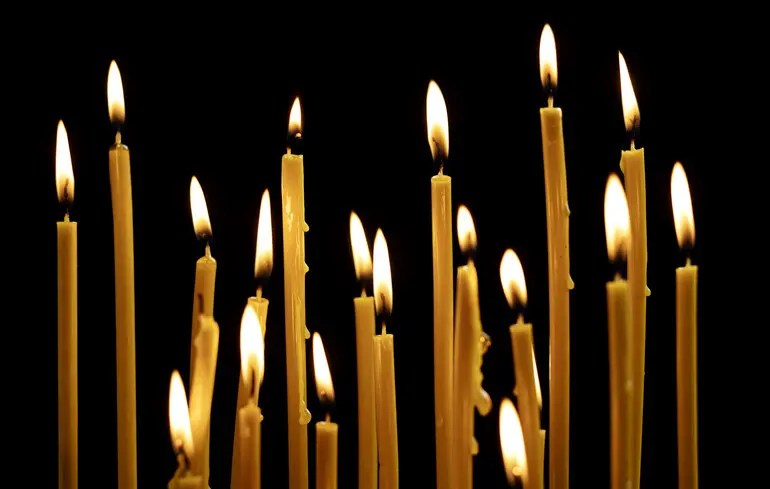Pokrova: Traditions, Forbidden Actions, and Folk Beliefs in Ukrainian Celebrations

The Feast of Pokrova of the Holy Virgin Mary is one of the most significant celebrations in the Ukrainian Orthodox Church calendar.
This special day, observed on October 1st, is dedicated to the Mother of the Savior — the Virgin Mary, regarded as the protector of ordinary people, soldiers, and righteous souls.
Ukrainians observe this day with deep respect, honoring traditional rituals and folk beliefs associated with this important date.Historically, Ukrainian families adhered to strict prohibitions and customs on Pokrova to ensure happiness and stability for the coming year.
It was believed that on this day, it is forbidden to argue, curse, or settle disputes, as such actions could summon misfortune.
Heavy physical work, sewing, knitting, or cleaning was also avoided, as these were seen as disrespectful to the sacred day and potentially harmful to family welfare.
It was considered essential to refrain from consuming alcohol, overeating, or speaking harsh words.
Hospitality was highly valued; inviting guests into the home was believed to bring prosperity and abundance.
Additionally, it was taboo to lend or borrow money, because doing so was thought to bring poverty and hardship.Folk signs related to Pokrova predict weather and seasonal development.
According to traditional beliefs, the nature of the weather on this day indicates the character of the entire winter season.
If the wind blows from the east or west, a harsh, snowy winter is expected; a southern wind promises a milder winter, while a northern wind indicates a very cold and snowy season.
The flight of cranes also serves as a sign — if they are already heading south, a cold winter is assured.
For young couples, holding their wedding on this day is believed to ensure a strong and happy marriage.
Snowfall on Pokrova signals that many weddings will take place before the Lent period.Overall, the celebration of Pokrova in Ukraine is imbued with faith in prosperity, protection, and well-being, and adhering to folk traditions and customs remains an integral part of the festive atmosphere in many Ukrainian families.

